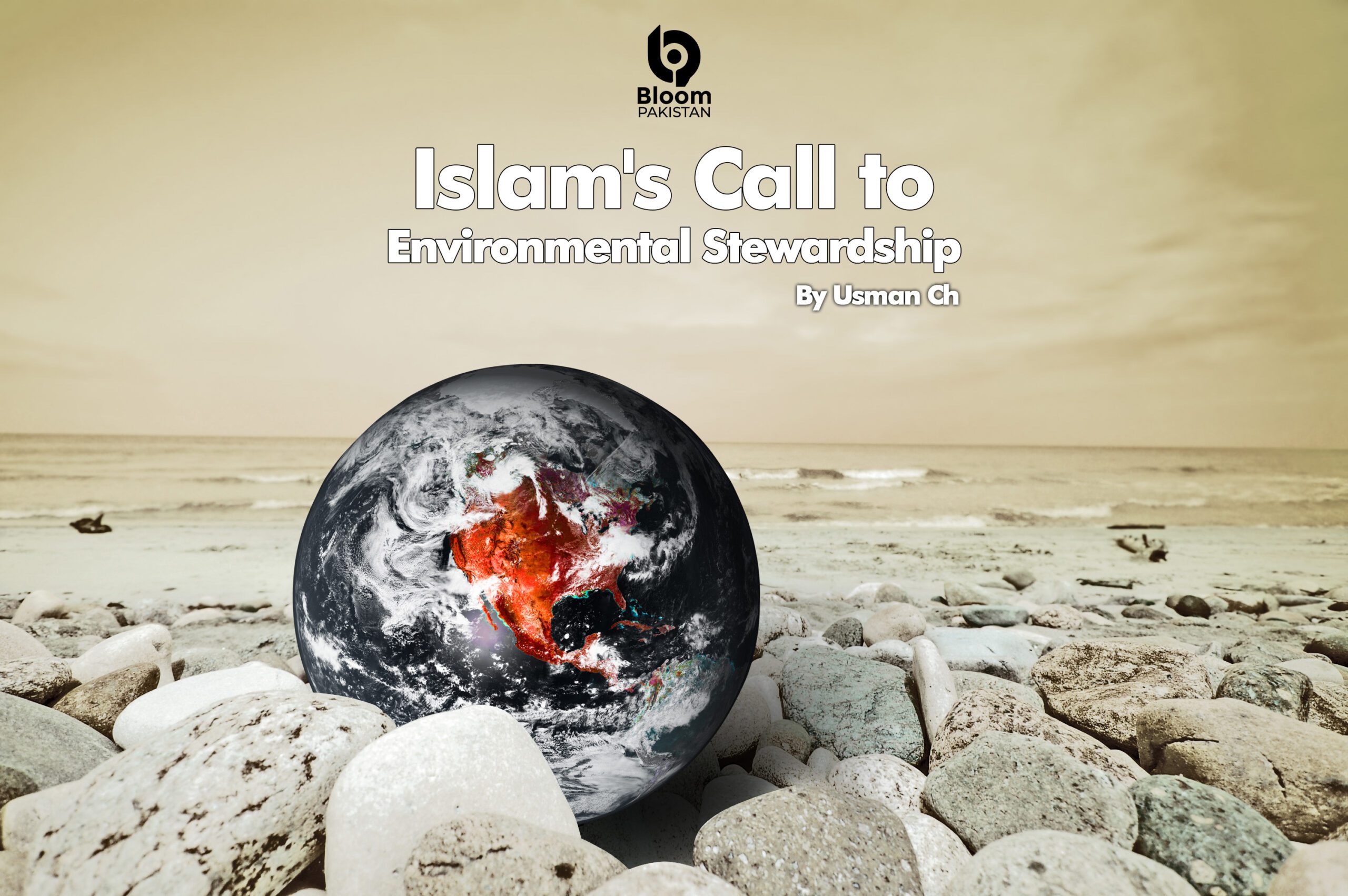The Islamic faith is often misunderstood as being detached from modern-day concerns such as environmental protection and climate control. However, a closer examination of the Quran and the Hadith (the sayings and actions of the Prophet Muhammad PBUH) reveals a profound emphasis on the importance of preserving the natural world.
In Islam, the relationship between humans and the environment is based on the concept of khalifa (stewardship). Humans are seen as trustees of the Earth, responsible for protecting and preserving its resources for future generations. This concept is rooted in the Quranic verse: “He it is Who has made you khalifa (stewards) on the earth…” (6:165).
The Quran and Hadith contain numerous references to environmental protection and conservation. The Quran warns against wastefulness and excess, stating: “Eat and drink, but waste not by excess, for Allah loves not the wasters” (7:31). This verse emphasizes the importance of living sustainably and avoiding unnecessary waste.
The Prophet (SAAW) also emphasized the importance of conserving water, saying, “Do not waste water, even if you are by a flowing river.” (Sunan Abu Dawud)
The Hadith also provides guidance on environmental protection. The Prophet Muhammad PBUH is reported to have said: “The earth has been created for me as a mosque and as a means of purification” (Sahih Muslim).
This hadith highlights the importance of preserving the natural world and treating it with respect and reverence.
As Afforestation plays a crucial role in mitigating climate change and Temperature Regulation.
Islam emphasizes the importance of planting trees and taking care of the environment. Anas ibn Malik R.A reported: The Messenger of Allah said:
“Even if the Resurrection were established upon one of you while he has in his hand a sapling, let him plant it.”
In other Hadith Holy Prophet PBUH said: Whoever cuts down a tree without a reason, Allah will cast him into Hellfire(Sunan Abu Dawud)
If a Muslim plants a tree or sows seeds, and then a bird, or a person, or an animal eats from it, it is regarded as a charitable gift (sadaqah) for him.” (Bukhari)
The earth has been created for me as a mosque and as a means of purification.” (Sahih Muslim)
During a battle, the Prophet Muhammad (SAAW) forbade his companions from cutting down trees, even if they were providing cover for the
enemy.
Also In terms of climate control, Islam emphasizes the importance of reducing waste and excess, which are major contributors to greenhouse gas emissions. The Quran warns against the destruction of the natural world, stating: “Corruption has appeared on land and sea because of what the hands of men have wrought” (30:41). This verse highlights the consequences of human actions on the environment and serves as a warning against the destructive effects of climate change.
In recent years, Muslim scholars and leaders have begun to speak out on the importance of environmental protection and climate control. The Islamic Declaration on Global Climate Change, signed by over 70 Muslim leaders and scholars in 2015, calls on Muslims to take action to reduce their carbon footprint and protect the natural world. Islam places a strong emphasis on environmental protection and climate control. The Quran and Hadith provide guidance on living sustainably, reducing waste and excess, and preserving the natural world. As the world grapples with the challenges of climate change, Muslims have a critical role to play in promoting sustainable living and protecting the planet for future generations.









